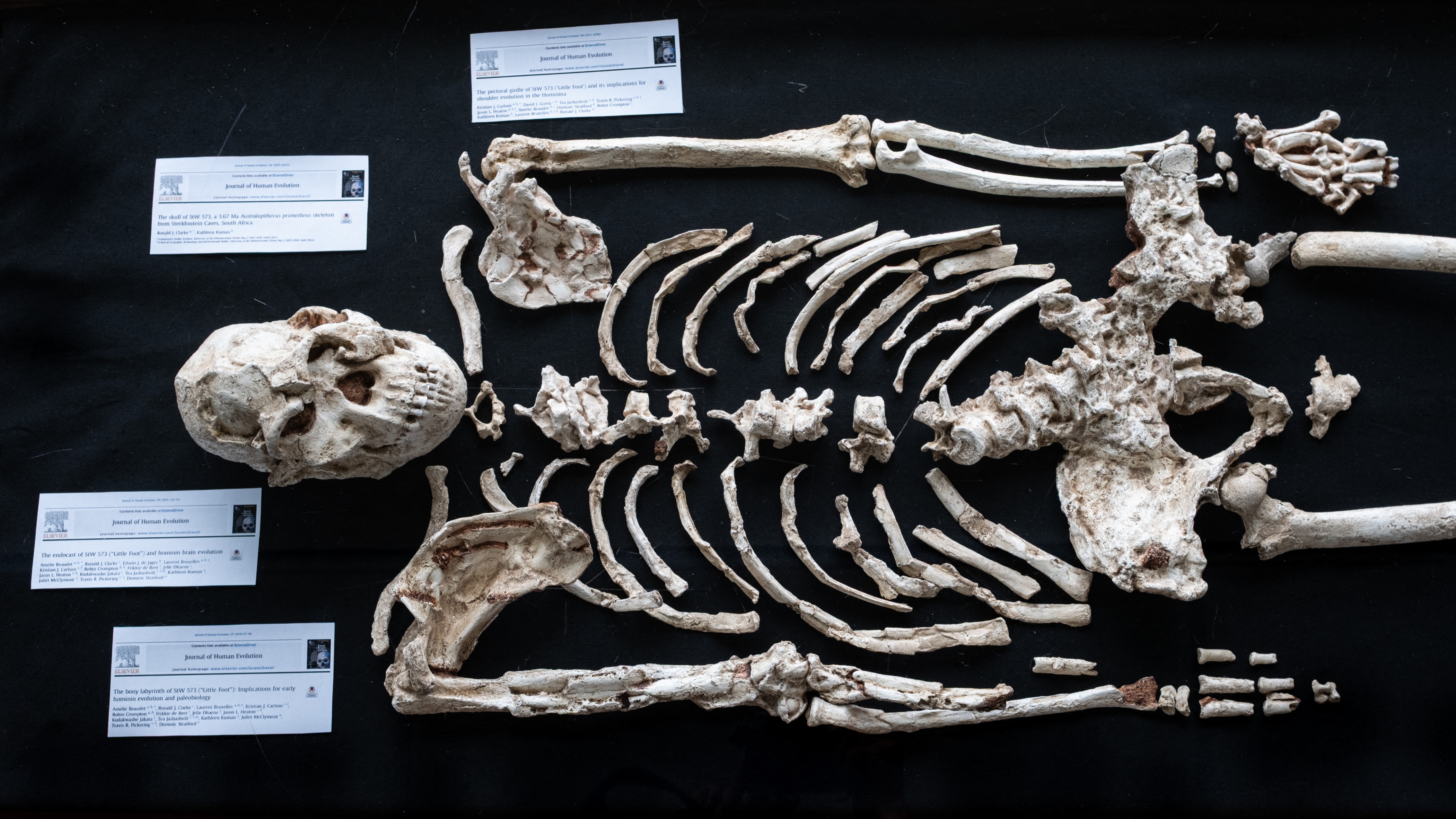Electronics
Latest about Electronics

How well do air purifiers work?
By Helen Alexander last updated
Reference Air purifiers are intended to remove pollutants from the air, but how well do they really work?
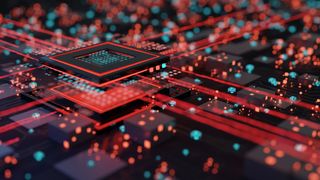
Specialist 'carbon nanotube' AI chip built by Chinese scientists is 1st of its kind and highly energy-efficient
By Owen Hughes published
Scientists in China have developed a tensor processing unit (TPU) that uses carbon-based transistors instead of silicon – and they say it's extremely energy efficient.

New invention harvests ambient Wi-Fi and Bluetooth signals to power small devices
By Rory Bathgate published
Wasted radio signals can be converted into electricity using a new kind of antenna rooted in how electrons behave at a quantum level.
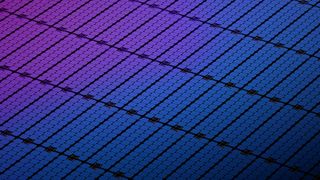
World's 1st flexible solar panel is thin enough to turn your smartphone case into a mini power generator
By Rory Bathgate published
Cheap and flexible perovskite solar cells could revolutionize solar power, making it easier than ever to power the world with sunlight.
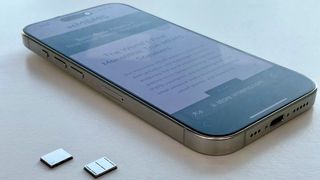
Unique 'fan-on-a-chip' could prevent AI smartphones from overheating — with 1st devices launching in 2026
By Keumars Afifi-Sabet published
The "xMEMS XMC-2400 µCooling" chip aims to keep future smartphones from overheating as they become more powerful.
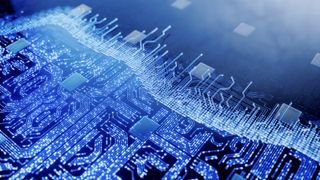
Tiny graphene-based magnetic devices could lead to much smaller — and way more powerful — processors in the future
By Peter Ray Allison published
The new device, called a magnetic tunnel junction, can be harnessed to pack more computing power onto a chip than was previously thought possible.
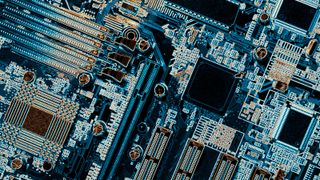
Unique transistor 'could change the world of electronics' thanks to nanosecond-scale switching speeds and refusal to wear out
By Owen Hughes published
A new material can withstand 'billions' of electrical cycles without wearing out — and scientists say it could transform electronics within 10 to 20 years.
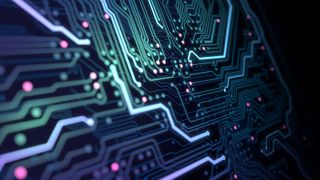
Future chips could swap silicon for a 3-atom-thick crystal semiconductor full of 'defects' that pack in more power
By Skyler Ware published
Next generation of computer chips could ditch silicon for TMD — a 2D material that is embedded with 'defects' which can be harnessed to improve performance.
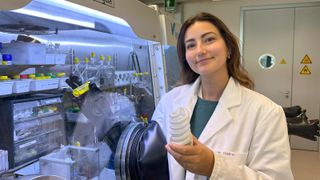
Strange compound used to treat cancer can extract rare-earth metals from old tech at 99% efficiency
By Jane McCallion published
Scientists harness a compound normally used in cancer treatment to reclaim rare-earth elements from electronic waste.
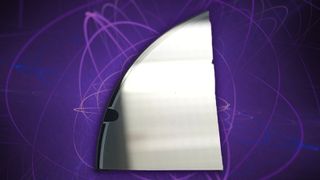
Razor-thin crystalline film 'built atom-by-atom' gets electrons moving 7 times faster than in semiconductors
By Owen Hughes published
Scientists observed record-breaking electron mobility — seven times higher than in conventional semiconductors — with a material made from the same elements as quartz and gold.
Get the world’s most fascinating discoveries delivered straight to your inbox.


